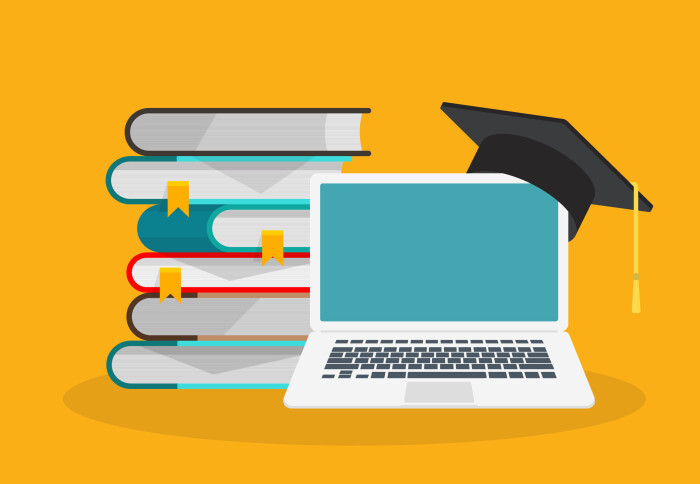Meet Heli Liu, Unwin Postgraduate Prize winner

Every year, the Department of Mechanical Engineering awards prizes to recognise the achievements of our PhD students.
The Unwin Postgraduate Prize in Mechanical Engineering is awarded to one PhD student and one MSc student at the end of their studies. One of the four academic founders of the City & Guilds College in 1884, Professor Unwin was Head of Engineering for over twenty years. He pioneered research in hydraulics and material testing, and the teaching of engineering for industrial application.
The current PhD holder of the prize is Heli Liu, let’s get to know him better:
Can you say a few words about the award you've received?
I’m truly honoured and humbled to have received the Unwin Postgraduate Prize in Mechanical Engineering. This award is a testament to the hard work and dedication that went into my research, and I’m grateful to the department for the recognition. It’s especially meaningful as it reflects not just the outcome of my doctoral studies, but also the guidance and support I received from my supervisors and peers throughout my journey. I see this as a milestone that motivates me to continue pushing the boundaries of research and contributing to the field of mechanical engineering.
Why did you decide to study for a PhD?
My decision to pursue a PhD in Mechanical Engineering was driven by a passion for understanding how things work at a fundamental level and a desire to solve complex, real-world problems. During my master course, I was particularly fascinated by how engineering principles could be applied to innovate and improve processes, machines and systems. I wanted to take this curiosity further, diving deeper into research, exploring new technologies, and addressing challenges that had not yet been fully solved. A PhD offered the opportunity to contribute something unique to the field while developing my critical thinking, problem-solving and analytical skills.
What is your research about, in a nutshell?
My research is about developing data science framework in metal forming and manufacturing fields. The roadmap includes data collection, developing advanced data processing and characterisation methodologies, and exploring data science applications in metal forming processes. I also supported industrial adoption of the FAST (Fast light Alloy Stamping Technology) and the establishment of a digitally enhanced lubricant evaluation scheme for metal forming applications.
How would you describe your experience during your PhD in the department?
My PhD experience in the department has been enjoyable. From the moment I joined, I felt supported, encouraged, and part of a collaborative community, which made my academic journey both fulfilling and motivating. The department provided an intellectually stimulating environment that fostered creativity and critical thinking. There is always a sense of academic rigor combined with a supportive atmosphere, where I was encouraged to explore new ideas and innovations.

What would you say about the supervision you received?
The supervision I received was exceptional. My primary supervisor, Professor Li-Liang Wang, is not only a great mentor in terms of academic guidance but also a source of inspiration. My supervisors' constructive feedback and support during challenging times were crucial in keeping me focused and motivated, especially during the more difficult phases of the project.
What were the most difficult challenges? What did you enjoy most about the experience?
The most significant challenge came with the onset of the COVID-19 pandemic, which disrupted lab access and research timelines. This forced me to shift my focus and adapt my approach to research in ways I had not anticipated. However, the unwavering support I received from the department and supervisors played a crucial role in helping me navigate these challenges.
What I enjoyed most about my PhD was the freedom to explore ideas and hypotheses without the pressure of a specific, predefined outcome. The sense of discovery was incredibly rewarding. I had the opportunity to delve deep into a topic that truly fascinated me. In addition, the discussions, whether it was a formal meeting or an informal conversation over coffee, with my supervisor and peers were invaluable in enriching my experience. The collaborative discussions often sparked new perspectives or approaches to problems, and I greatly appreciated the sense of mutual learning.
What are you planning to do now and in the future?
I am currently working as a Research Associate, continuing to work on my research topic. Looking ahead, I am open to exploring academic research positions, as I am deeply passionate about scientific inquiry and advancing knowledge in my field.
What are your interests beyond Engineering?
I have a variety of interests that help me maintain a balanced life. I am passionate about sports, such as badminton and basketball. I also enjoy traveling, as it broadens my cultural understanding and helps me to learn new ways of thinking and problem-solving. This broadens my perspective on both engineering and life in general.
Article text (excluding photos or graphics) © Imperial College London.
Photos and graphics subject to third party copyright used with permission or © Imperial College London.
Reporter
Press Office
Communications and Public Affairs
- Email: press.office@imperial.ac.uk
